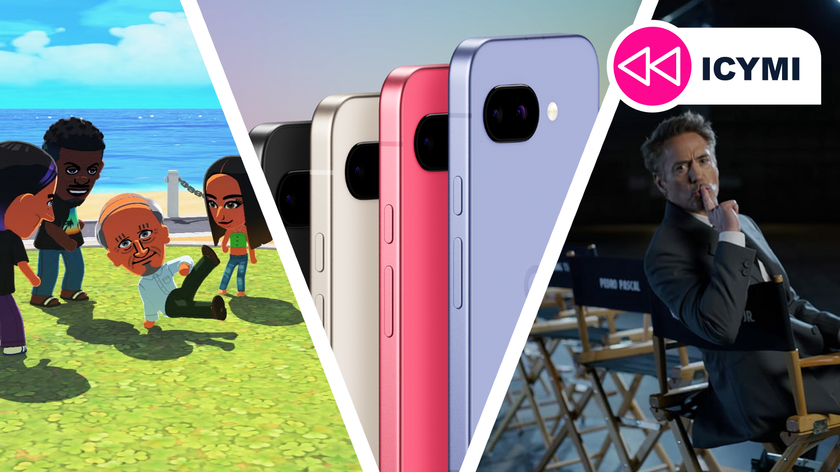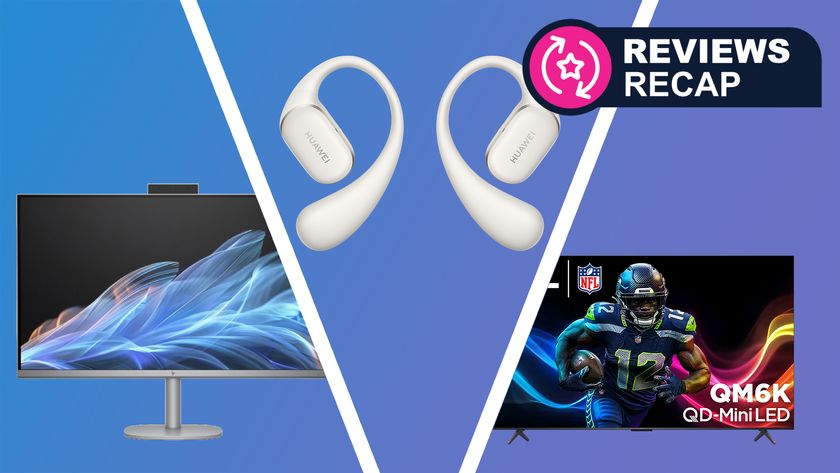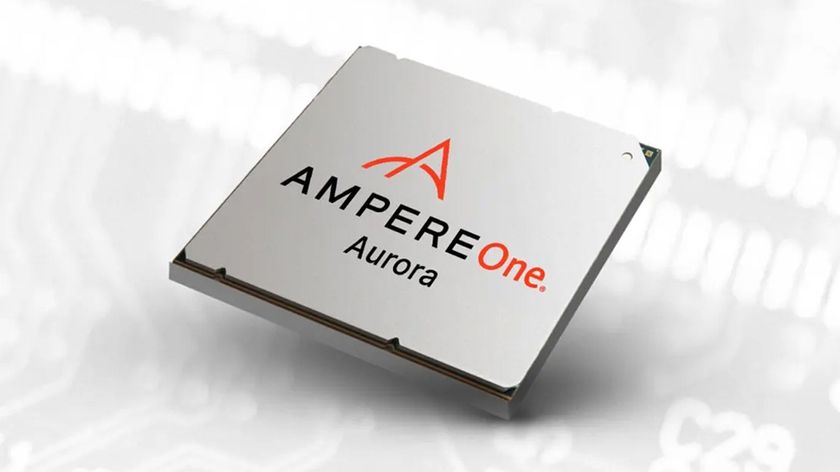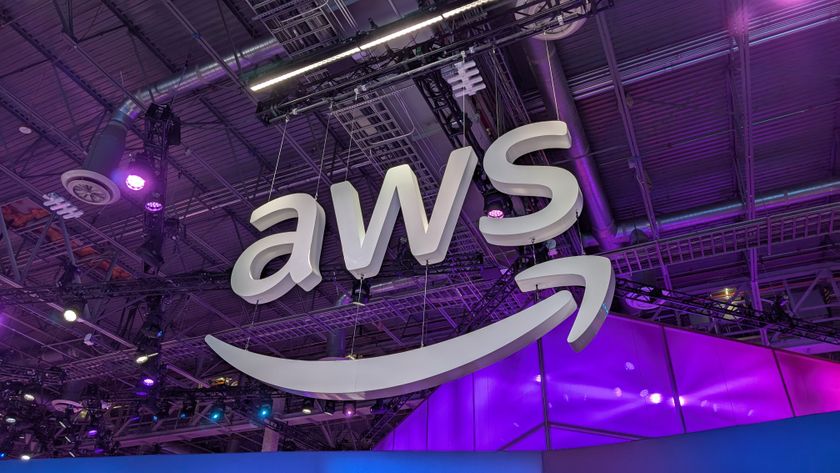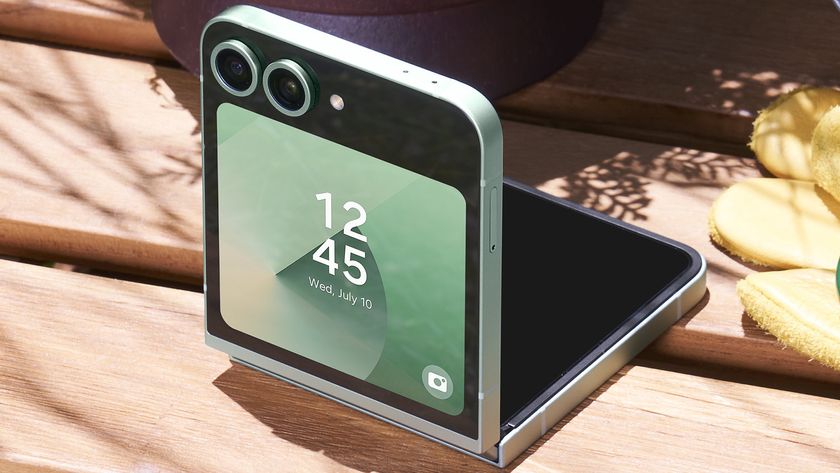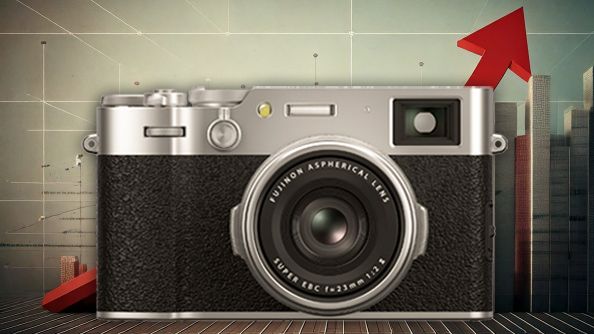7 biggest and barmiest tech launches
Glamorous locations, celebs and big wads of cash
Sony Alpha DSLR camera range (2009)
Sony may not have spent anywhere near the amount of money Microsoft and Apple has for its campaigns but for sheer logistics, the Sony Alpha range Twilight Football campaign needs a special mention.
To promote the low-light capabilities of its Alpha range Sony had seven countries around the world (UK, Italy, Switzerland, Spain, Argentina, Australia and South Africa) play host to seven games of football – all of which were played in the hours leading up to twilight.

Each of the venues were chosen for their picturesque backdrop (this was for a camera, mind) which meant games were played in remote locations like the Pinnacles Dessert in Australia and Iguazu Falls in Argentina. And each team that played was chosen from thousands of entries, with the winners keeping a diary of the event.
Sony has called it one of the most ambitious projects the company has undertaken. And bearing in mind the logistics of the whole thing, we would have to agree.
.
Nintendo Wii (2006)
Get daily insight, inspiration and deals in your inbox
Sign up for breaking news, reviews, opinion, top tech deals, and more.
Nintendo knew it had to fight hard to compete with Sony and Microsoft in the battle for games console domination. But instead of trying to beat the next-gen capabilities of the PlayStation 3 and Xbox 360, it chose a different tack – go for a more family friendly market. To do this the company needed not just a big marketing campaign but a clever one too.
Nintendo put aside $200 million for the promotion of the Wii – more money than the company had ever put behind any of its products.
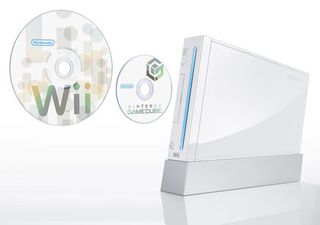
They invested 80 per cent of this money into targeting the adult market (not that sort of 'adult') and created a number of ad spots which were directed by the Oscar winning scriptwriter of Traffic - Stephen Gaghan. This was followed by a mass demonstrations of the console in stores worldwide and a hugely successful build-up party at the Toys 'R' Us flagship store in Times Square, New York.
But it was what the company didn't buy that got it the most attention. A South Park episode aired before the launch, with the device as a key focal point, and the hysterical build-up of the console meant it got on to the heralded front page of the Wall Street Journal.
The result: stores everywhere ran out of stock and within a year the console became the most popular on the market, overtaking the previous market leader, the Xbox 360.
.
Apple iPhone (2007)
"Every once and a while a revolutionary product comes along that changes everything." So said Steve Jobs at the keynote for the Apple iPhone and boy was he right. In January 2007 at the MacWorld expo, Jobs unveiled the company's plans to re-invent the phone.
It was of course the Apple iPhone, the handset that changed the mobile phone industry forever. Why? Because it gave other company's the wake-up call needed to start producing consumer-friendly handsets that not only let you phone your mum to tell her you will be late home for tea, but let you play your music and films, and generally organise your life.

The launch of the iPhone was an Apple fan-boy's dream. You could tell from the louder than normal whoops at the keynote that Jobs had delivered something pretty special.
But we all knew what he was going to deliver, as Apple's publicity machine thrives on rumour and speculation. It's no wonder, then, that back in 2007, a Harvard Business School Professor estimated that Apple had garnered around $400 million in free publicity during the long build-up to the launch of the device.
Maybe Apple is on to something with its 'no comment' approach to journalists after all – it leaves us gullible mugs gasping for more.
.
Halo 3 (2007)
There's never been as much publicity for a videogame as there was for the launch of Halo 3. Proving that the gaming sector can quite rightly hold its own against the likes of the movie and music industry, the arrival of Halo 3 on the Xbox 360 saw the game make record-breaking sales in the US of $170 million on its opening day.
To put that into perspective, $170 million beats the opening weekend of every blockbuster movie made ever – with only The Dark Knight's $160 million weekend box-office receipt coming close.
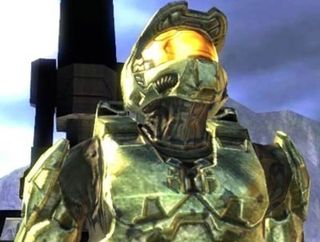
And the hysteria wasn't just felt in the real world. Online, over a million people logged into play the game within the first 20 hours of the web service becoming available.
After just a week of it being on sale, the game had racked up $300 million globally and sales of the Xbox 360, which coincided with the launch, doubled. Within two weeks, an amazing 5 million copies of Halo 3 had been sold. They don't call him Master Chief for nothing.
Marc Chacksfield is the Editor In Chief, Shortlist.com at DC Thomson. He started out life as a movie writer for numerous (now defunct) magazines and soon found himself online - editing a gaggle of gadget sites, including TechRadar, Digital Camera World and Tom's Guide UK. At Shortlist you'll find him mostly writing about movies and tech, so no change there then.

